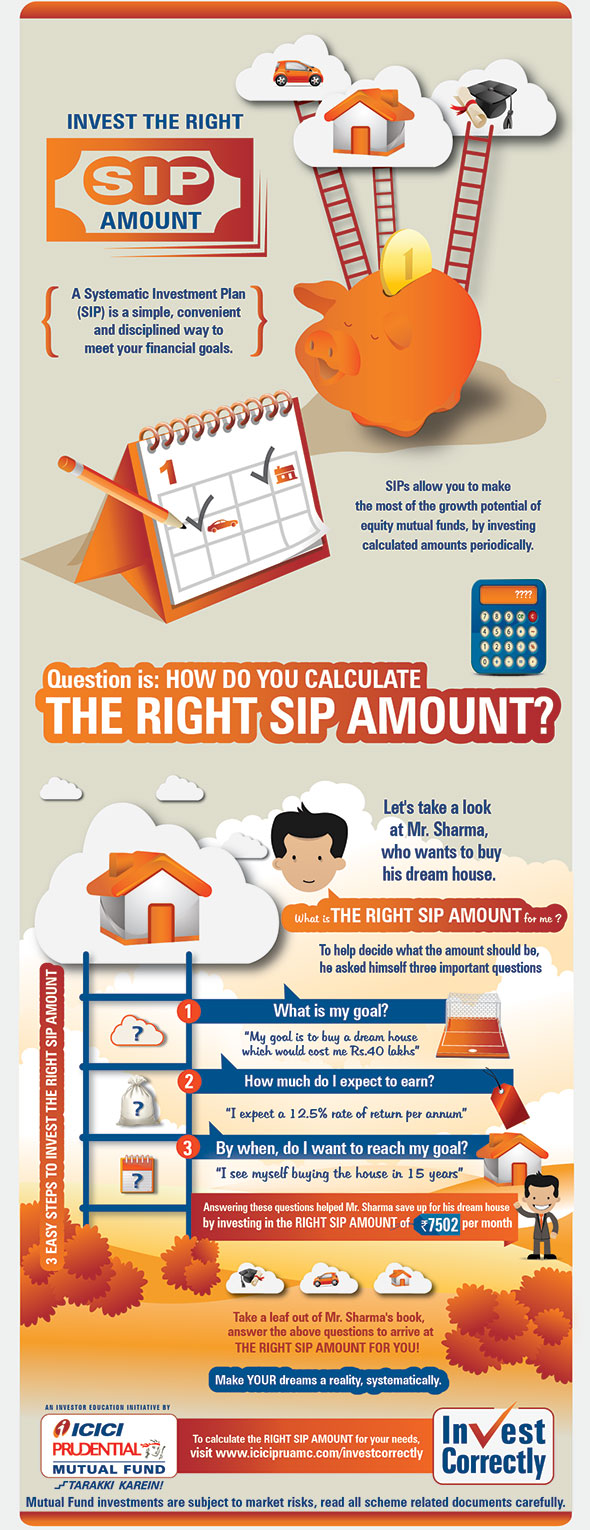The Financial Impact Of Back-Pedaling A Performance Bond
The Financial Impact Of Back-Pedaling A Performance Bond
Blog Article
Material Composed By-
When a guaranty concerns a performance bond, it guarantees that the principal (the event that acquires the bond) will certainly meet their commitments under the bond's terms. If the primary fails to fulfill these obligations and defaults on the bond, the surety is accountable for covering any kind of losses or problems that result.
1. Loss of credibility: Defaulting on an efficiency bond can damage the principal's credibility and trustworthiness, making it harder to secure future business or financing.
2. Legal and administrative costs: The surety may need to pay lawful and management costs associated with going after the principal for damages or trying to correct the circumstance.
3. Monetary losses: The surety may require to cover the cost of completing the task or giving the solutions that the principal failed to provide. This can cause significant economic losses for the guaranty.
4. Enhanced costs: If the principal has a background of back-pedaling performance bonds, they might be required to pay greater costs in the future to get the required bonding.
Overall, back-pedaling an efficiency bond can have severe financial repercussions for both the principal and the guaranty. It is necessary for principals to very carefully consider their commitments and ensure they have the ability to satisfy the regards to the bond to avoid these adverse results.
Defaulting on an efficiency bond can be an expensive mistake for organizations. When you stop working to fulfill the bond's commitments, the financial consequences can be considerable. From paying the full bond amount to potential legal fights and harmed relationships, the repercussions can reverberate throughout your service operations. Understanding the detailed web of financial impacts that back-pedaling a performance bond can have is critical for securing your firm's economic health and reputation.
Financial Penalties for Defaulting
If you back-pedal an efficiency bond, you'll likely deal with substantial punitive damages. These penalties can differ relying on the terms of the bond arrangement but typically entail paying the bond quantity in full to the obligee. This suggests that if you fail to meet your contractual commitments, you should pay the bond amount to the task proprietor or the entity that called for the bond.
Furthermore, you may additionally be responsible for any kind of added costs sustained by the obligee due to your default, such as discovering a replacement service provider or covering job hold-ups.
Defaulting on a performance bond can additionally cause lawful costs and court prices if the obligee makes a decision to take legal action against you to recover the bond quantity. These expenses can promptly build up, additional intensifying the economic impact of your default. It's essential to very carefully examine and comprehend the terms of the efficiency bond to prevent these severe financial penalties.
Impact on Business Cash Flow
Back-pedaling an efficiency bond can significantly influence your business cash flow, affecting monetary security and functional abilities. When you default on an efficiency bond, you risk shedding the bond amount, which can be a substantial amount. This loss directly impacts your cash flow, as you'll need to find alternate sources of funding to cover the bond quantity. Moreover, failing can lead to raised analysis from sureties, making it more difficult and more expensive to safeguard bonds in the future. This can further strain your cash flow as you might require to allot extra sources to satisfy bonding demands.
The impact on your cash flow does not stop there. Back- License & Permit Bonds can also lead to job delays or cancellations, causing a loss of revenue. In addition, the adverse track record that comes with skipping can deter prospective clients, additionally lowering your cash flow. Generally, defaulting on an efficiency bond can have destructive results on your business's monetary wellness and capability to run smoothly.
Lawful Implications and Lawsuits
Encountering lawful implications and possible legal actions because of defaulting on an efficiency bond can substantially impact your service's reputation and financial standing. When you default on an efficiency bond, the surety company might take lawsuit to recuperate the bond amount paid. visit the following internet site could lead to expensive legal charges, court expenses, and prospective negotiations or judgments versus your organization.
Additionally, back-pedaling an efficiency bond might result in harmed partnerships with clients, subcontractors, and providers, influencing your capability to protect future agreements. Lawsuits emerging from bond defaults can tarnish your service's credibility in the sector, making it challenging to attract new partners or customers.
In addition, if the default leads to a court judgment against your company, it could result in property seizure or liens, better straining your financial stability. Consequently, it's crucial to understand the legal implications of back-pedaling a performance bond and take proactive actions to mitigate the risks included.
Final thought
As you deal with the consequences of back-pedaling an efficiency bond, remember this: it's like strolling a tightrope without a safety net. One incorrect action can send you plunging right into an economic freefall, without means to quit the loss.
The financial penalties, capital impact, and legal ramifications are all waiting to capture you if you blunder. So step meticulously, and constantly recognize your dedications to prevent the extreme effects of default.
